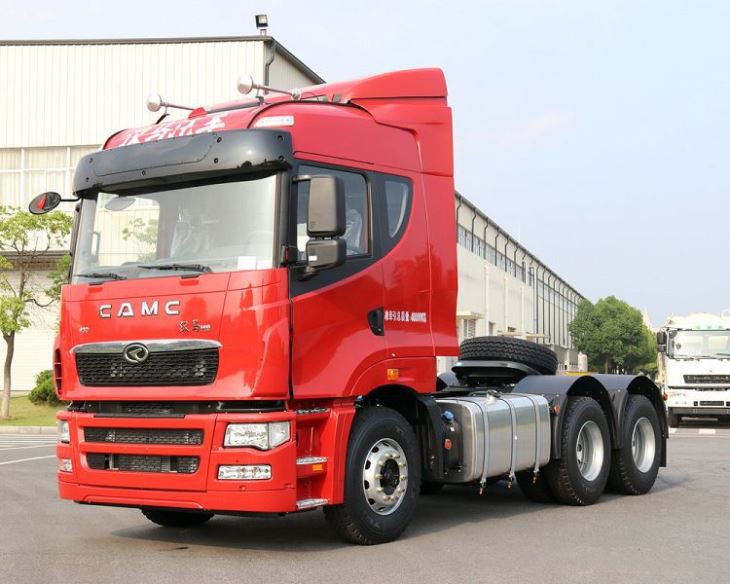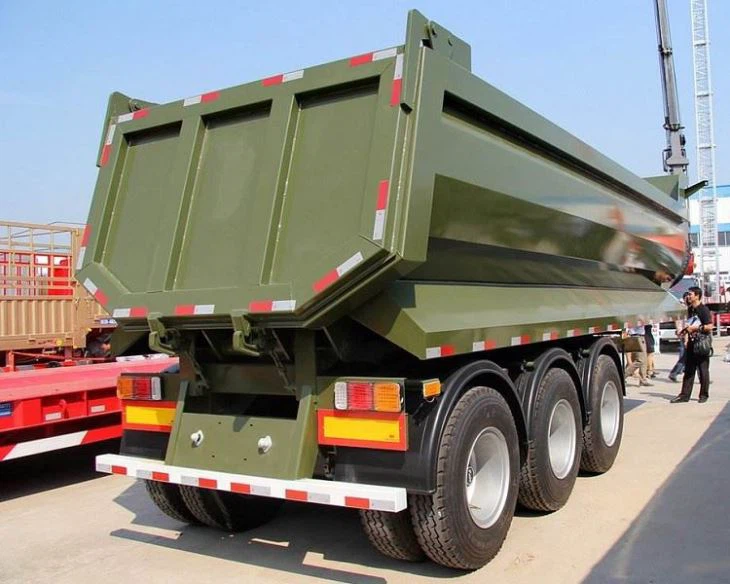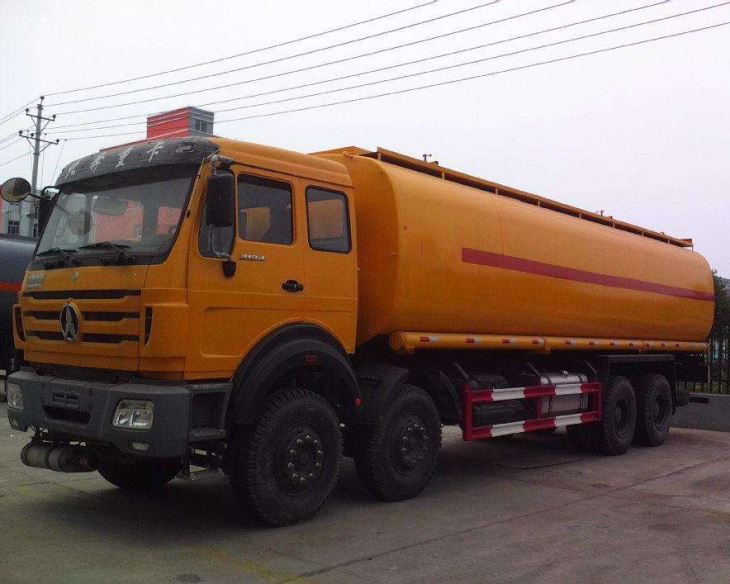Ultimate Guide to Garbage Compactor Trailers: Everything You Need to Know

Garbage compactor trailers are essential tools for efficient waste management, especially for those in industries like construction, events management, and municipal services. They help reduce the volume of waste, making disposal easier and more cost-effective. This article dives deep into what garbage compactor trailers are, how they work, and why they are crucial in today’s waste disposal landscape.
Table of Contents
- What is a Garbage Compactor Trailer?
- How Does a Garbage Compactor Trailer Work?
- Types of Garbage Compactor Trailers
- Benefits of Using Garbage Compactor Trailers
- How to Choose the Right Garbage Compactor Trailer
- Maintenance Tips for Garbage Compactor Trailers
- Real-World Examples and Applications
- Frequently Asked Questions
What is a Garbage Compactor Trailer?
A garbage compactor trailer is a specialized vehicle designed to compact waste materials. It features a hydraulic system that compresses garbage, reducing its overall volume. This makes it easier to transport and manage waste, especially on job sites where space is limited and efficiency is key.
Key Components of a Garbage Compactor Trailer
- Compaction Chamber: Where the waste is stored and compacted.
- Hydraulic System: Powers the compaction mechanism.
- Towing Mechanism: Allows the trailer to be attached to a truck or vehicle for transport.
- Safety Features: Such as locking mechanisms and sensors to ensure safe operation.
How Does a Garbage Compactor Trailer Work?
The operation of a garbage compactor trailer involves several steps:
- Loading: Waste is loaded into the compaction chamber, often using a loading ramp or by hand.
- Compaction: The hydraulic system activates, pressing down on the waste to compress it into a smaller volume.
- Transport: Once compacted, the trailer can be transported to a disposal site where the waste can be unloaded.
Why Compaction is Important
Compacting waste reduces landfill space, lowers disposal fees, and minimizes transportation costs, making it an efficient solution for waste management.
Types of Garbage Compactor Trailers
Different types of garbage compactor trailers serve various purposes, including:
1. Mobile Compactor Trailers
These are versatile trailers that can be easily moved from one location to another, ideal for temporary job sites.
2. Stationary Compactor Trailers
Designed for long-term waste management, these trailers are often found in industrial settings or permanent facilities.
3. High-Density Compactor Trailers
These trailers are built for heavy-duty use, capable of handling large volumes of waste with improved compaction ratios.
Benefits of Using Garbage Compactor Trailers
Utilizing garbage compactor trailers offers numerous advantages, including:
1. Space Efficiency
By compacting waste, these trailers significantly reduce the space required for waste storage and transport.
2. Cost Savings
Less frequent trips to disposal sites can reduce fuel costs and labor time.
3. Environmental Impact
Reduced waste volume decreases landfill usage, helping to support more sustainable waste management practices.
4. Improved Safety
Controlled waste handling minimizes the risk of accidents related to waste overflow and loose debris.
How to Choose the Right Garbage Compactor Trailer
Selecting the right garbage compactor trailer involves evaluating several factors:
1. Consider Your Waste Type
Different waste materials may require different compaction methods. Analyze the type of waste you will be handling (e.g., bulky items, food waste, recyclable materials).
2. Assess Compaction Needs
Determine how much waste you generate and the level of compaction you will need, as this impacts the size and power of the trailer.
3. Check Weight Capacity
Ensure that the trailer can safely handle the maximum weight of the anticipated load.
4. Look for Efficacy Features
Consider features like ease of loading, hydraulic power, and compacting efficiency.
Maintenance Tips for Garbage Compactor Trailers
To ensure the longevity and effectiveness of your garbage compactor trailer, follow these maintenance tips:
1. Regular Inspections
Perform routine inspections of the trailer, focusing on hydraulic systems, tires, and the compaction mechanism. Look for leaks or damage.
2. Clean the Compaction Chamber
Periodically clean the compaction chamber to prevent the buildup of waste materials, which can hinder compaction performance.

3. Lubricate Moving Parts
Ensure that all moving parts are adequately lubricated to prevent wear and enhance performance.
4. Follow Manufacturer Guidelines
Always adhere to the manufacturer’s specifications for operation and maintenance to ensure optimal performance.
Real-World Examples and Applications
Garbage compactor trailers have various applications across different industries. Here are a few examples:
| Industry | Application | Benefits |
|---|---|---|
| Construction | Job site waste management | Reduces space needed for waste and transportation costs |
| Events | Temporary waste solutions | Facilitates large gatherings with high waste generation |
| Municipal Services | Regular waste collection | Improves efficiency in waste management efforts |
Frequently Asked Questions
1. What types of materials can be compacted in garbage compactor trailers?
Garbage compactor trailers can handle a variety of materials, including construction debris, cardboard, food waste, and general rubbish. However, specific regulations may apply to hazardous materials.
2. How often should I perform maintenance on my compactor trailer?
It’s recommended to inspect and perform routine maintenance at least once a month, or more frequently if the trailer is used heavily.
3. Can I rent a garbage compactor trailer?
Yes, many companies offer rental services for garbage compactor trailers, which can be a cost-effective solution for temporary projects.

4. What is the compaction ratio of garbage compactor trailers?

The compaction ratio can vary depending on the machine and the materials being compacted; ratios typically range from 2:1 to 8:1.
5. Are there safety features in garbage compactor trailers?
Yes, many models include safety features such as emergency shut-off switches, locking mechanisms, and sensors to prevent overloads and accidents.
6. How do I transport a garbage compactor trailer?
Garbage compactor trailers can be towed by a compatible vehicle equipped with the proper hitch. Ensure that your vehicle meets the trailer’s weight and towing specifications.
